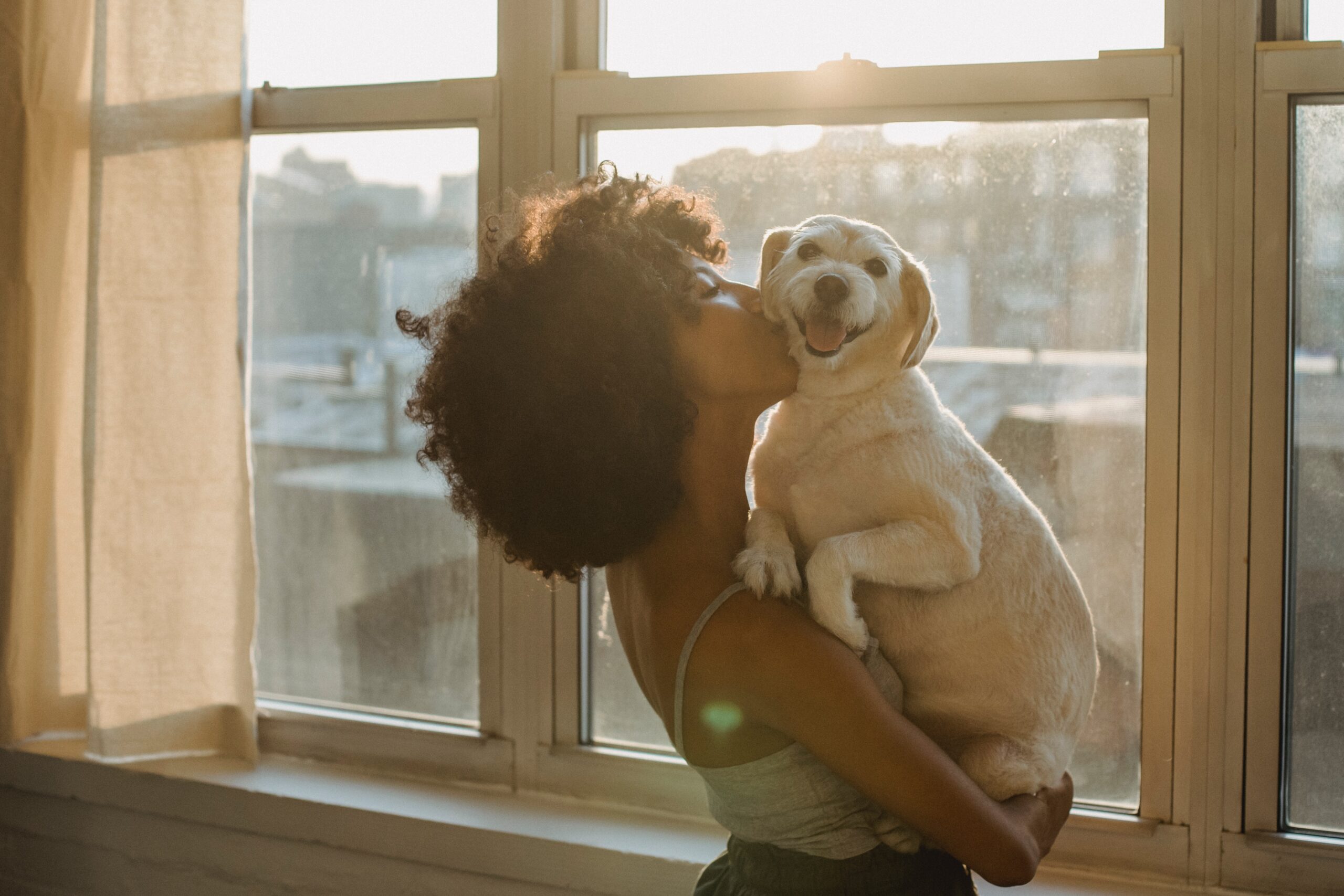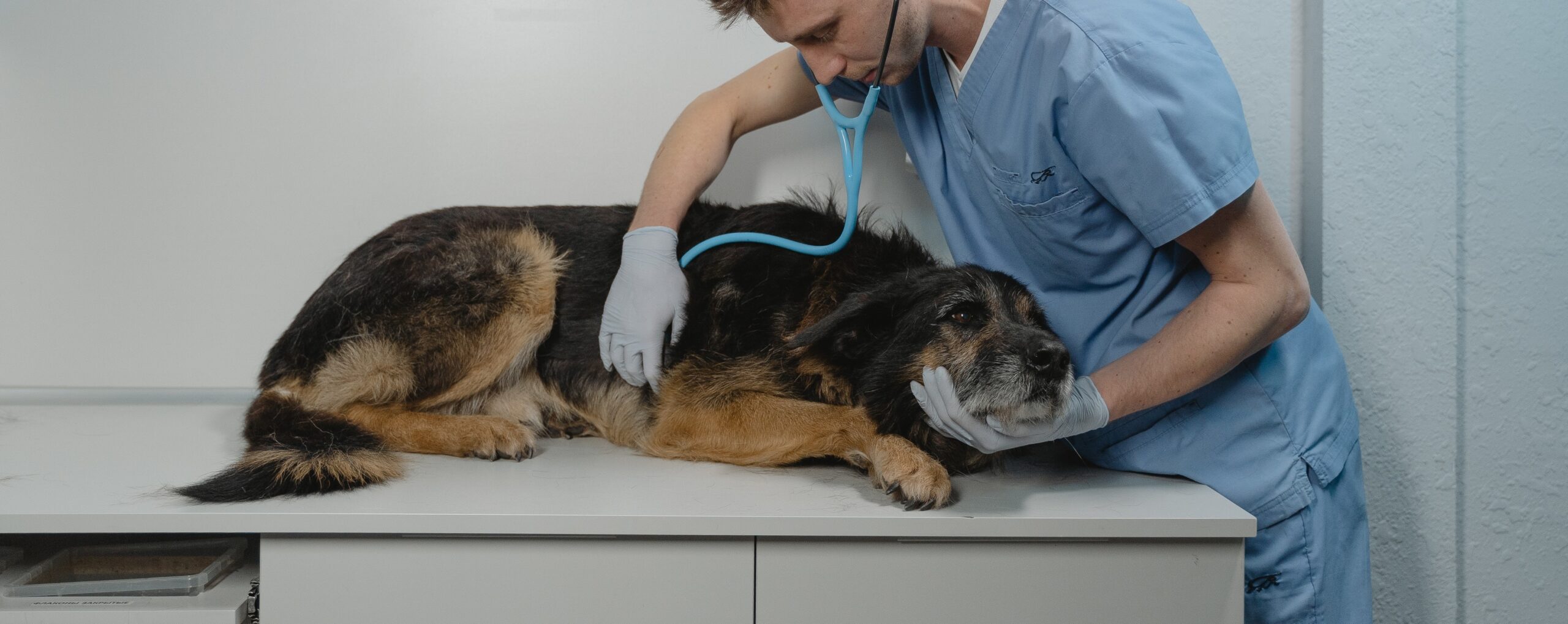The Latest Advances in Veterinary Medicine: How Technology is Revolutionizing Animal Care
As pet owners, we all want the best care for our furry friends. Fortunately, veterinary medicine has come a long way in recent years, and the latest advances are making a significant difference in the lives of animals. In this article, we’ll explore some of the newest developments and benefits of veterinary medicine, and how they’re improving the health and well-being of pets.
Regenerative Medicine:
Regenerative medicine is an exciting field that’s gaining popularity in veterinary medicine. It involves using stem cells to repair and regenerate damaged tissues and organs in animals. This technique has been used to treat conditions such as osteoarthritis, kidney disease, and even spinal cord injuries. The benefits of regenerative medicine are significant, as it can improve mobility, reduce pain, and improve overall quality of life for pets.
Telemedicine:
Telemedicine is becoming more common in veterinary medicine, and it’s easy to see why. It allows veterinarians to provide remote consultations, which can be especially helpful for pet owners who live in remote areas or have busy schedules. Telemedicine can also reduce the stress on pets, as they don’t have to leave their homes to receive medical care. It’s an excellent option for non-emergency consultations, such as follow-up appointments or routine check-ups.
Nutrigenomics:
Nutrigenomics is the study of how nutrition affects gene expression. It’s an exciting field that’s gaining attention in veterinary medicine. By analyzing a pet’s DNA, veterinarians can create a personalized nutrition plan that’s tailored to their specific needs. This approach can help prevent certain diseases, improve digestion, and enhance overall health and wellness.
Immunotherapy:
Immunotherapy is a relatively new technique that’s being used to treat cancer in pets. It involves stimulating the body’s immune system to attack cancer cells. This approach has shown promising results in dogs and cats, and it’s becoming more widely available. Immunotherapy can be used alone or in combination with other treatments, such as chemotherapy or radiation therapy.
Artificial Intelligence:
Artificial intelligence (AI) is making its way into veterinary medicine, and it’s helping veterinarians make more accurate diagnoses and treatment plans. AI can analyze medical data, such as lab results and imaging studies, and provide insights that can be used to improve patient outcomes. It can also help identify potential health problems before they become serious.
In conclusion, there are many benefits of veterinary medicine and are providing pet owners with more options than ever before. Regenerative medicine, telemedicine, nutrigenomics, immunotherapy, and artificial intelligence are just a few of the developments that are improving the health and well-being of pets. If you’re a pet owner, it’s important to stay up-to-date on these advances and discuss them with your veterinarian. Together, you can provide the best care possible for your furry friend.










